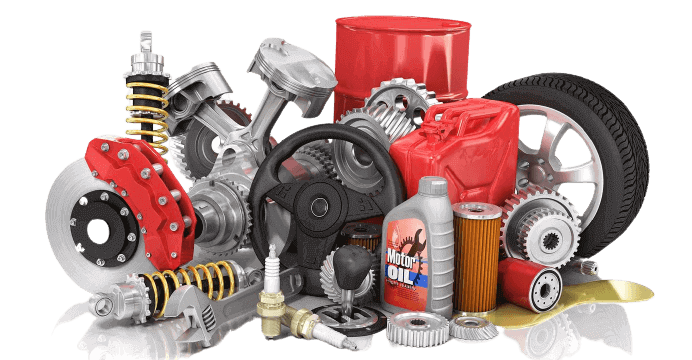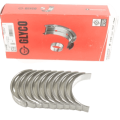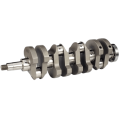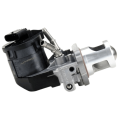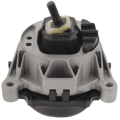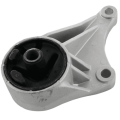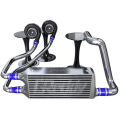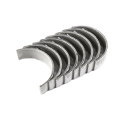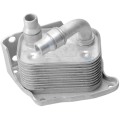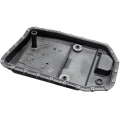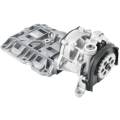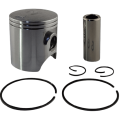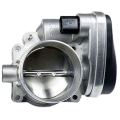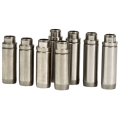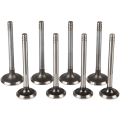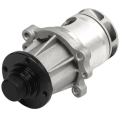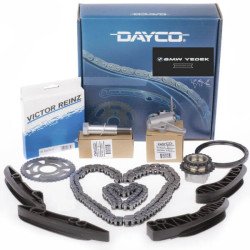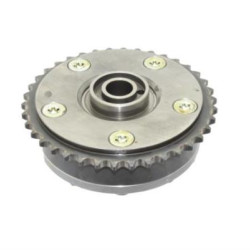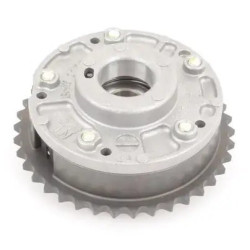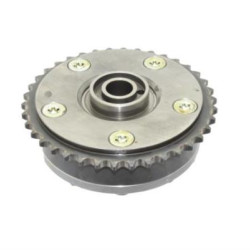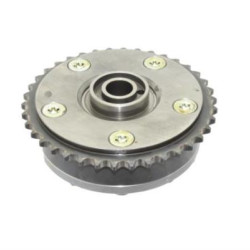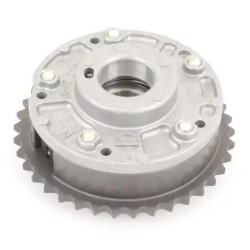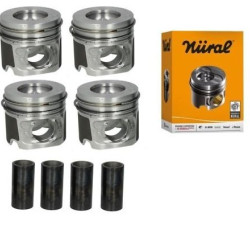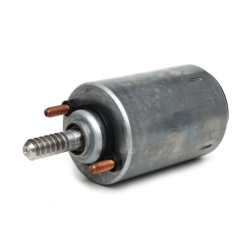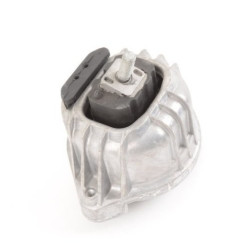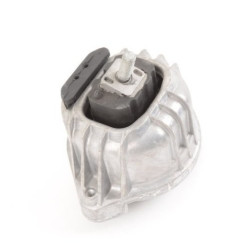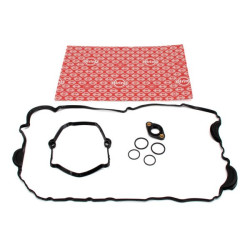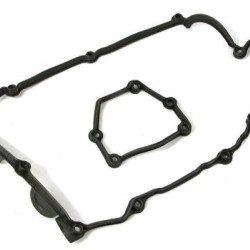BMW Engine Components
BMW Engine Components; is the name given to all mechanical parts found in a vehicle. Main and auxiliary systems are also included in these components.
Main Components of BMW Gasoline and Diesel Engines
BMW's gasoline and diesel engines are engineering marvels that provide high performance and efficiency. Both types of engines are designed for different purposes and applications, consisting of various components. In this article, we will examine the main components and parts that make up BMW's gasoline and diesel engines.
Main Components of Gasoline Engines
BMW gasoline engines are known for their strong performance at high RPMs and quick response times. Here are the main components of gasoline engines:
Cylinder Block: The cylinder block, which is the basic structure of the engine, houses the cylinders and other important components. It is usually made of aluminum or cast iron.
Pistons: The pistons that move within the cylinder generate energy during the combustion process. They are made from lightweight and durable materials.
Crankshaft: Converts the up-and-down motion of the pistons into rotational motion. The crankshaft enables the engine to operate.
Camshaft: The camshaft controls the opening and closing of the valves, regulating the timing of the engine.
Valves: Allow the air-fuel mixture to enter the cylinder and expel the combustion gases. They are divided into intake and exhaust valves.
Fuel Injection System: Ensures that fuel is injected into the cylinders in the correct amount and at the right time. This system increases the efficiency of the engine.
Ignition System: Spark plugs and ignition coils ignite the air-fuel mixture to initiate combustion. It is critical in gasoline engines.
Exhaust Manifold: Collects the gases produced from combustion and directs them to the exhaust system. It ensures the rapid expulsion of exhaust gases.
Cooling System: Uses water pumps, radiators, and thermostats to prevent the engine from overheating. It ensures the engine operates at an ideal temperature.
Lubrication System: Pumps engine oil to reduce friction between moving parts and prevent wear. This system extends the life of the engine.
Main Components of Diesel Engines
BMW diesel engines are known for their high torque and fuel efficiency. Here are the main components of diesel engines:
Cylinder Block: Like in gasoline engines, it forms the basic structure of the diesel engine and is usually made from materials that can withstand higher pressures.
Pistons: Piston designs in diesel engines are also used to move within the cylinder. They are designed to withstand higher compression ratios.
Crankshaft: Converts the movement of the pistons into rotational motion. It has a strong and durable structure.
Camshaft: Controls the opening and closing of the valves and regulates the timing of the engine.
Valves: Control the intake of air and the exit of exhaust gases. They are made from materials that can withstand high pressure.
Fuel Injection System: In diesel engines, fuel is injected directly into the cylinder at high pressure. Common rail injection systems are frequently used.
Ignition System: Instead of spark plugs, glow plugs are used in diesel engines. Glow plugs help the engine start more easily in cold weather.
Turbocharger: Compresses air to allow more oxygen to enter the cylinder. This increases the power and efficiency of the engine.
Exhaust Manifold: Collects combustion gases and directs them to the turbocharger. It is a critical component in turbocharged engines.
Cooling and Lubrication Systems: Similar to gasoline engines, cooling and lubrication systems are used in diesel engines as well. These systems ensure the engine operates at optimal temperature and efficiency.
Conclusion
BMW's gasoline and diesel engines consist of various components designed to provide high performance and efficiency. Gasoline engines offer strong performance at high RPMs, while diesel engines stand out with high torque and fuel efficiency. Both types of engines, supported by BMW's engineering expertise, provide the driver with an exceptional driving experience. The historical development and continuous improvement of engine components enable BMW to offer superior performance and durability in every new generation of vehicles.
 Türkçe
Türkçe
 English
English
 Русский
Русский

